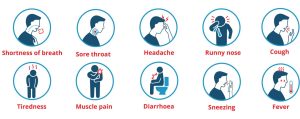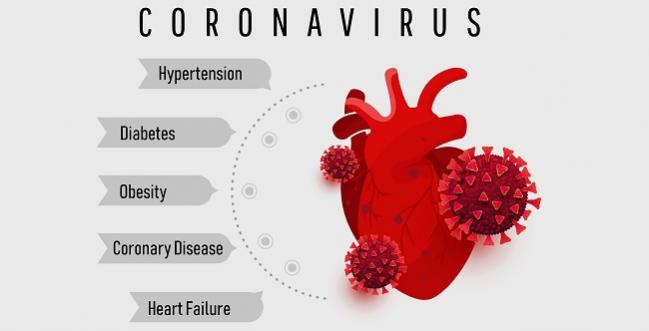Covid-19 can cause damage to the heart on a cellular level that can lead to lasting problems, including irregular heartbeats and heart failure, preliminary research suggests.
The effects of the virus on the heart have been well documented, but a new study zooms in on the microscopic changes thought to be caused by the virus.
Researchers from Columbia University in New York City examined autopsied heart tissue from people who had Covid-19, and found that the infection damaged the way cells in the heart regulate levels of calcium, a mineral that plays an important role in how the organ contracts and pumps blood throughout the body.
In another part of the study, the same damage was seen in mice with Covid-19.
The findings, presented Monday at the Biophysical Society Meeting in San Diego, have not yet been published in a peer-reviewed journal.
When a person is infected with Covid-19, the immune system launches a hefty inflammatory response in an effort to fight off the virus. That inflammation, the new study found, disrupts how calcium is stored in the heart.
The damage caused by inflammation during a Covid-19 infection appears to prop these channels open, letting too much calcium leak from the cells of the heart, said Dr. Andrew Marks, a cardiologist and biophysics professor at Columbia University who co-led the study.
This flood of calcium, he said, can decrease heart function and even cause fatal arrhythmias, or irregular heartbeats.
The long and the short of it is this: Keep doing everything to avoid Covid-19. And if you suspect that you or your loved ones have been infected, see the doctor without further delay.
Symptoms of Covid-19
People with COVID-19 have had a wide range of symptoms reported – ranging from mild symptoms to severe illness. Symptoms may appear 2-14 days after exposure to the virus. Anyone can have mild to severe symptoms.

Possible symptoms include:
- Fever or chills
Cough
Shortness of breath or difficulty breathing
Fatigue
Muscle or body aches
Headache
New loss of taste or smell
Sore throat
Congestion or runny nose
Nausea or vomiting
Diarrhea
This list does not include all possible symptoms. Symptoms may change with new COVID-19 variants and can vary depending on vaccination status.
Older adults and people who have underlying medical conditions like heart or lung disease or diabetes are at higher risk for getting very sick from COVID-19.


